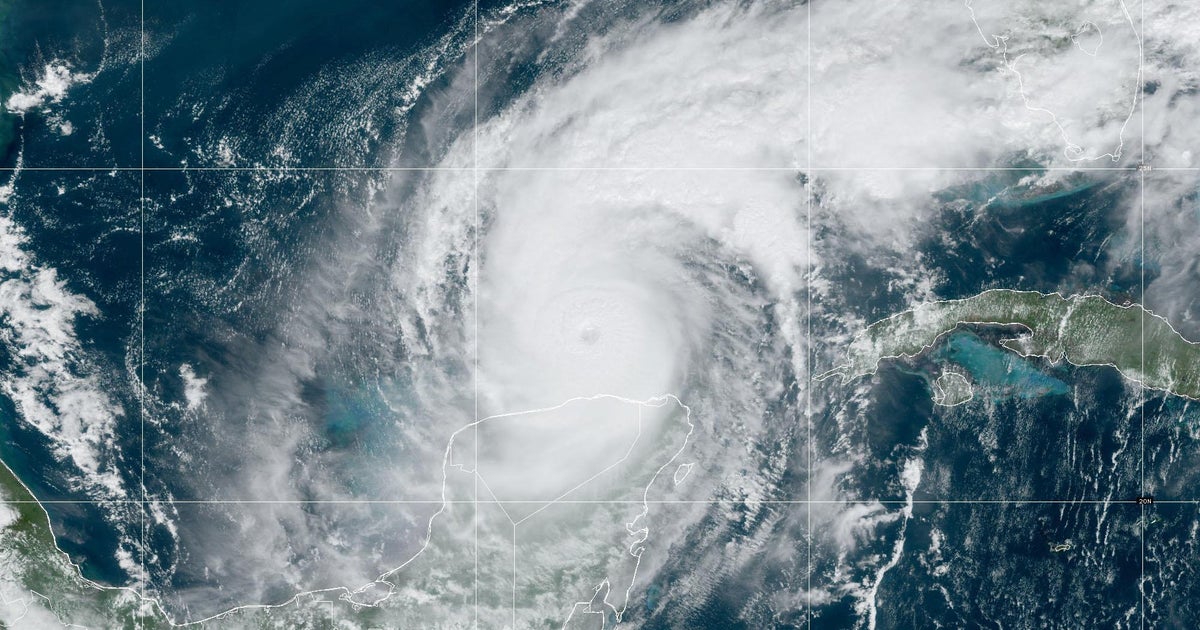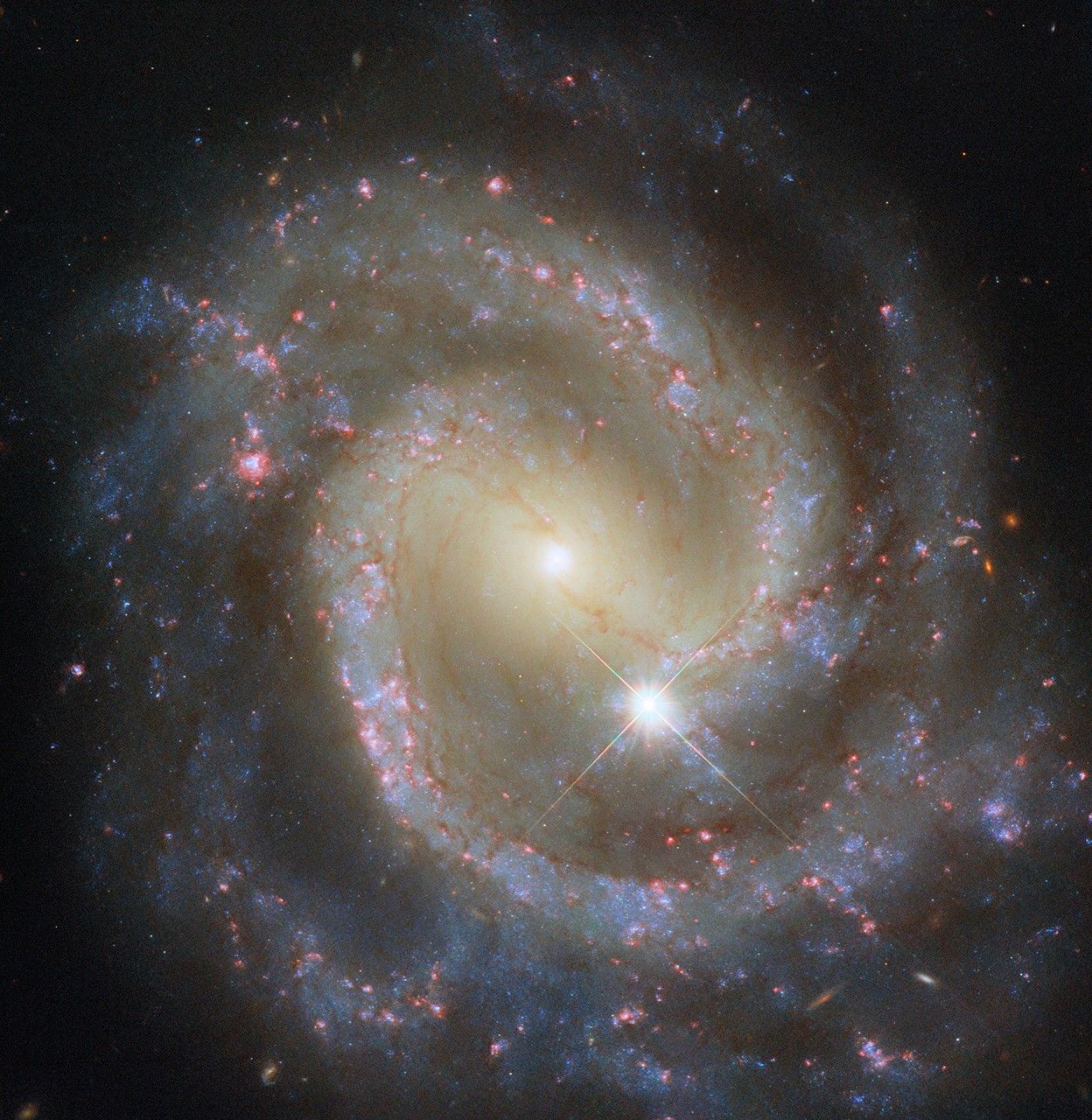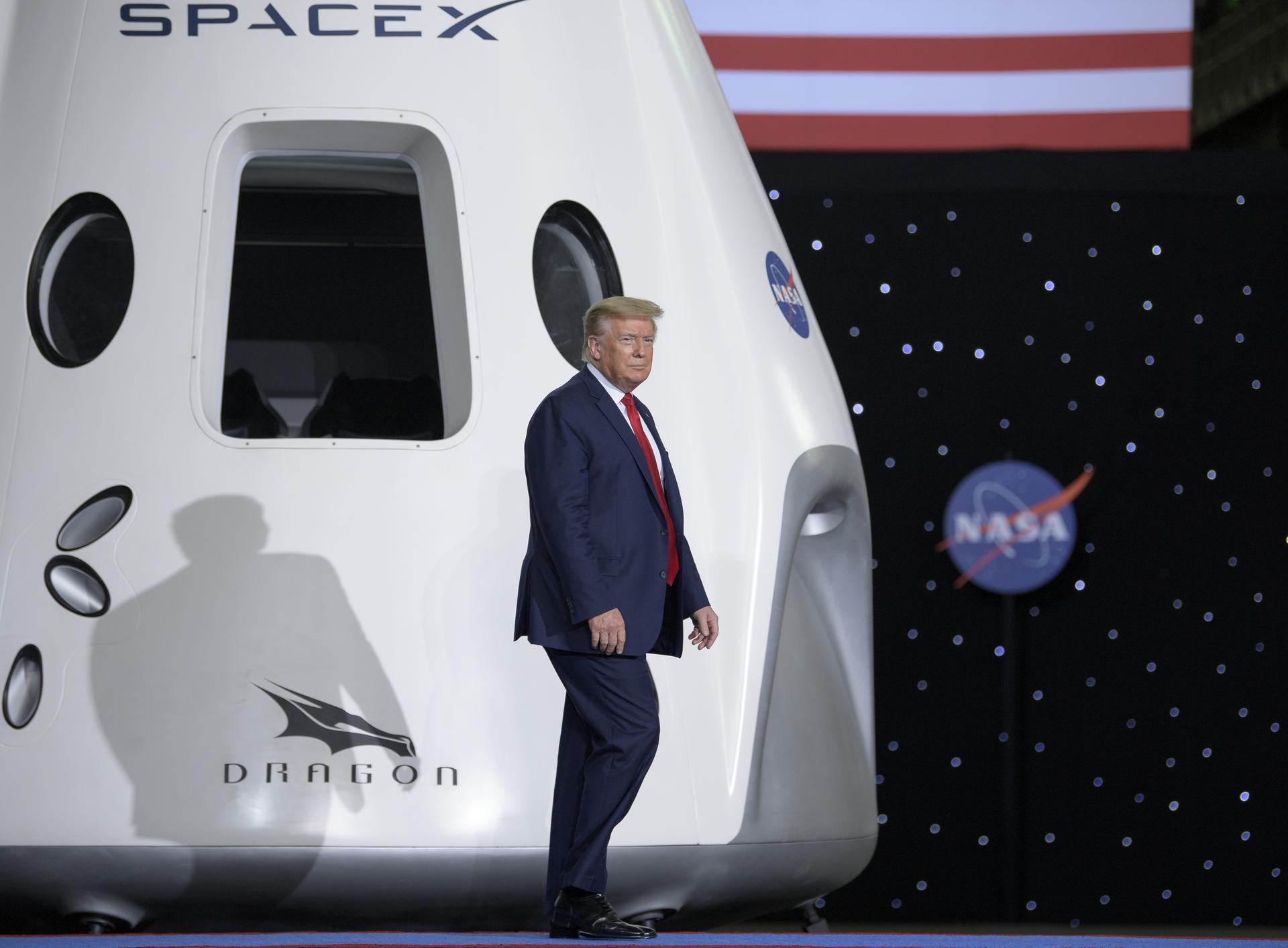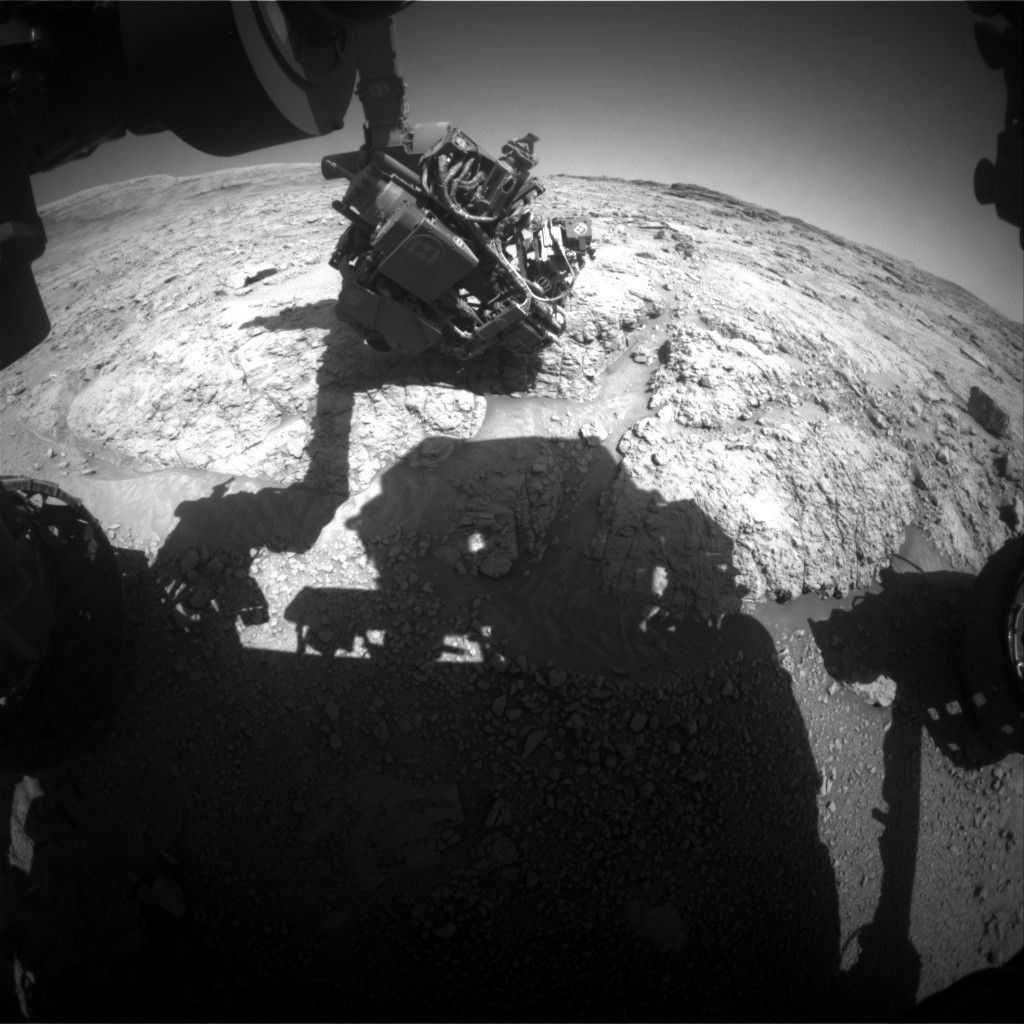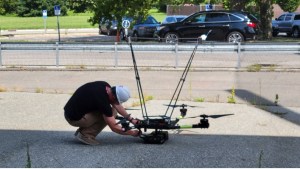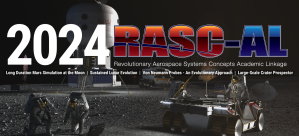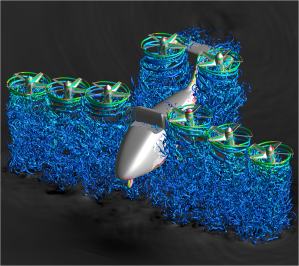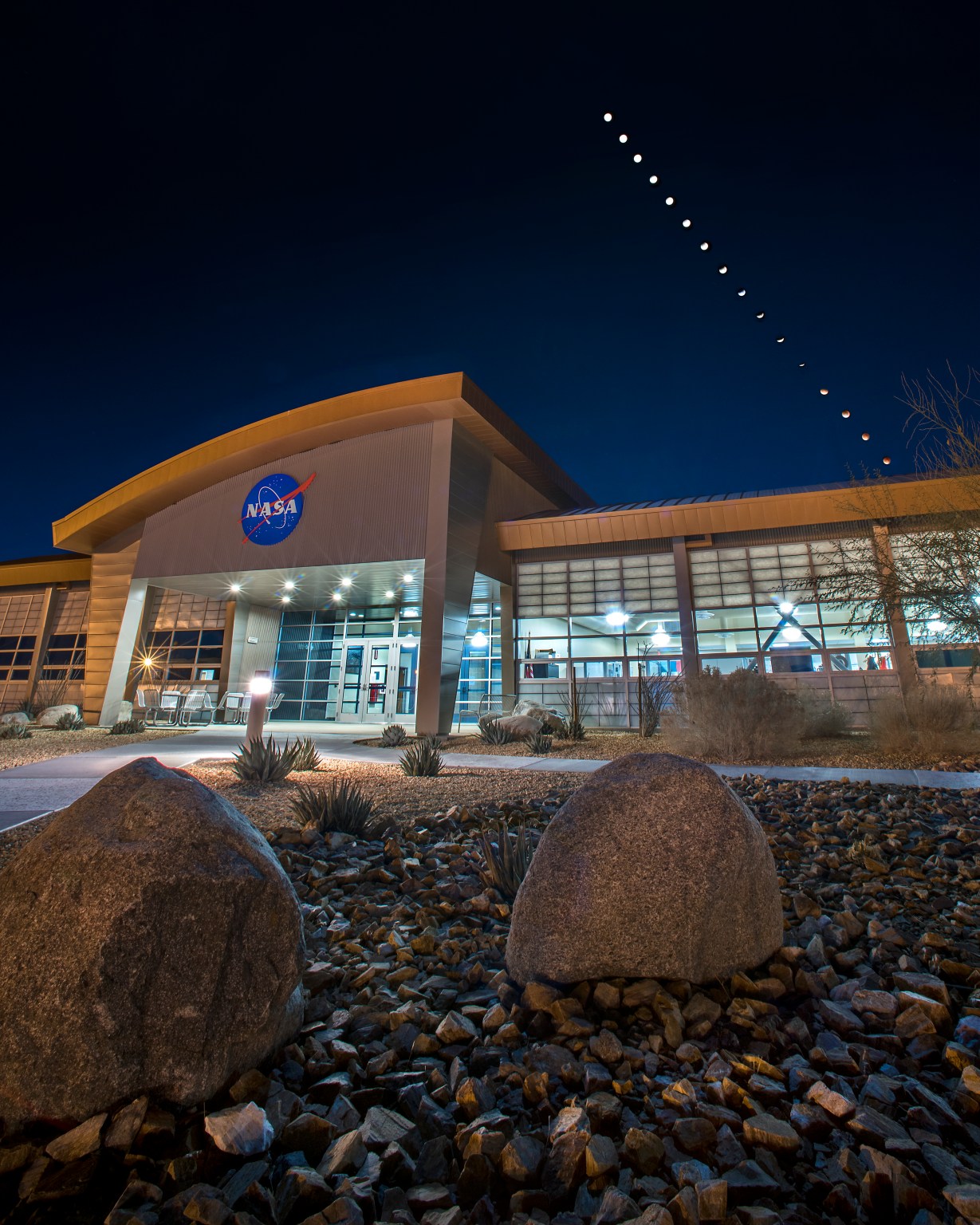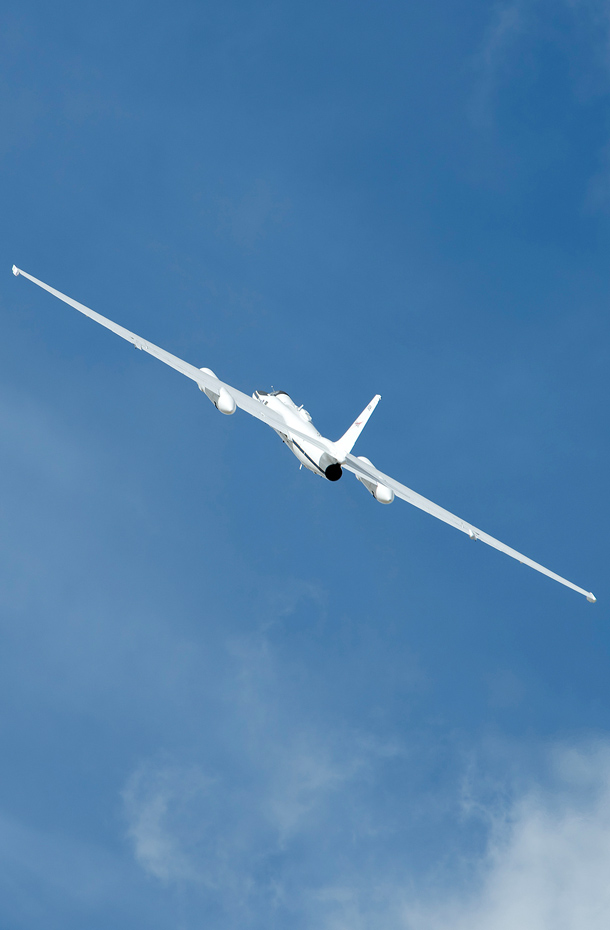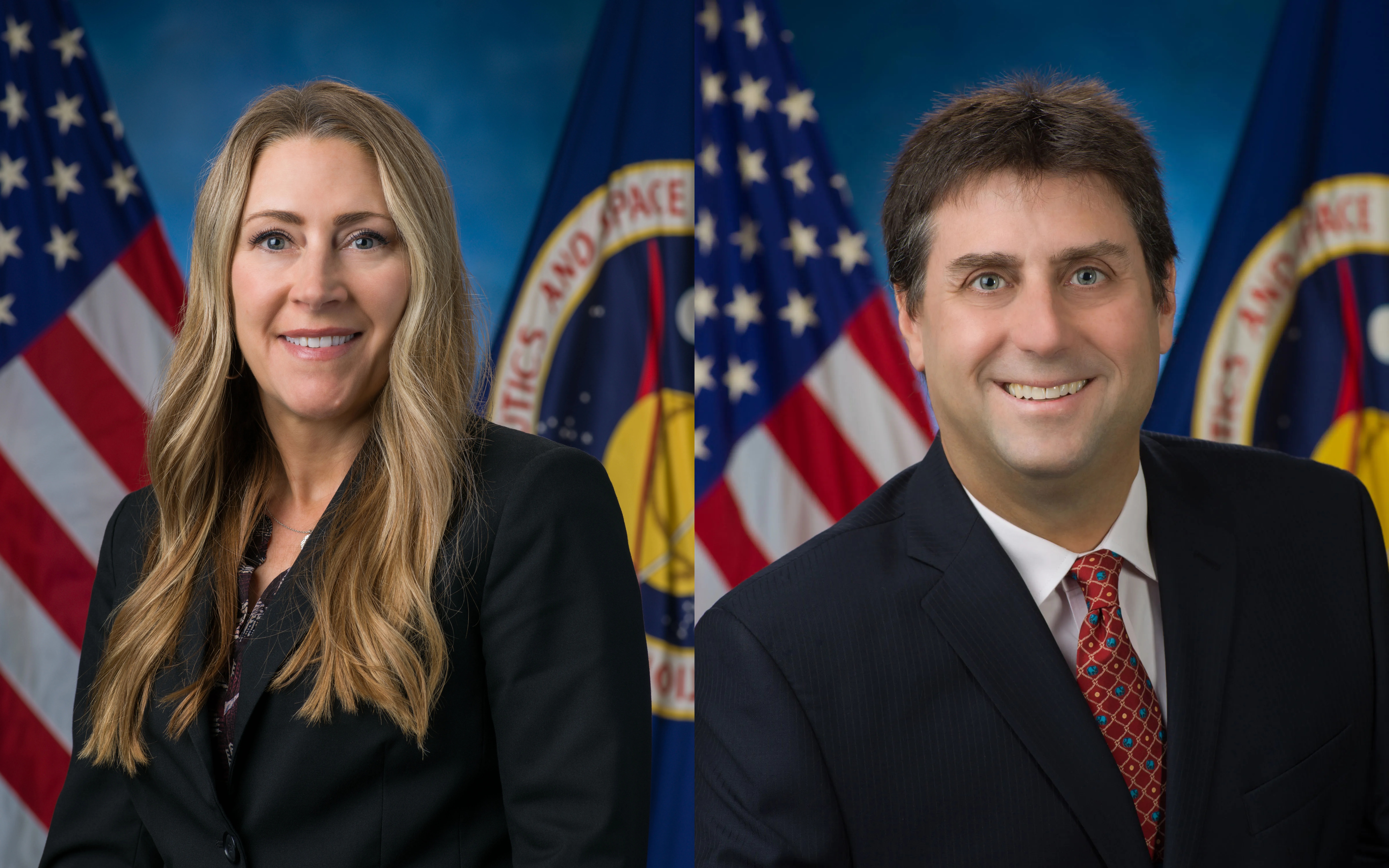NASA’s DC-8 Completes Final Mission, Set to Retire
After 37 years of successful airborne science missions, NASA’s DC-8 aircraft completed its final mission and returned to the agency’s Armstrong Flight Research Center Building 703 in Palmdale, California, on April 1. The DC-8 and crew were welcomed back with a celebratory water salute by the U.S Air Force Plant 42 Fire Department after completing […]

2 min read
Preparations for Next Moonwalk Simulations Underway (and Underwater)
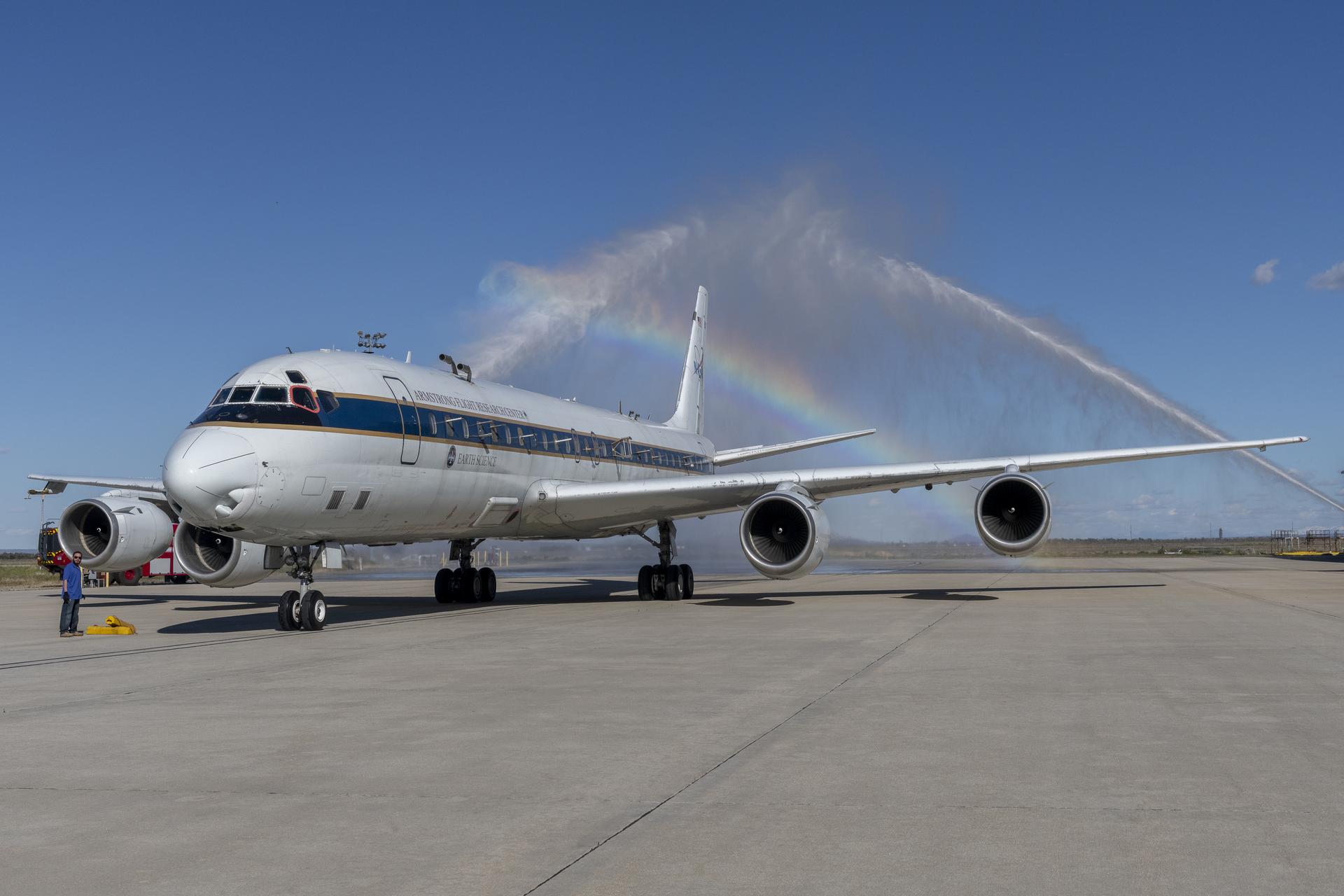
After 37 years of successful airborne science missions, NASA’s DC-8 aircraft completed its final mission and returned to the agency’s Armstrong Flight Research Center Building 703 in Palmdale, California, on April 1.
The DC-8 and crew were welcomed back with a celebratory water salute by the U.S Air Force Plant 42 Fire Department after completing an air quality study, the Airborne and Satellite Investigation of Asian Air Quality, or ASIA-AQ mission. The aircraft is set to retire after concluding operations in May.
As the largest flying science laboratory in the world, the DC-8 has been used to support the agency’s Airborne Science mission since 1987. This unique aircraft was first acquired by NASA in 1985 and collected data for experiments in support of scientific projects serving the world’s scientific community – including scientists, researchers, and students from NASA and other federal, state, academic, and foreign institutions.
The DC-8 will continue its educational legacy as it retires to its new home at Idaho State University in Pocatello, Idaho, where it will be used to train future aircraft technicians by providing real-world experience in the college’s Aircraft Maintenance Technology Program.
For more information about the DC-8 aircraft, visit:
https://www.nasa.gov/centers-and-facilities/armstrong/dc-8-aircraft/
Share
Details
Related Terms
What's Your Reaction?








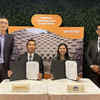




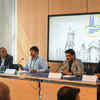





.jpg?#)







